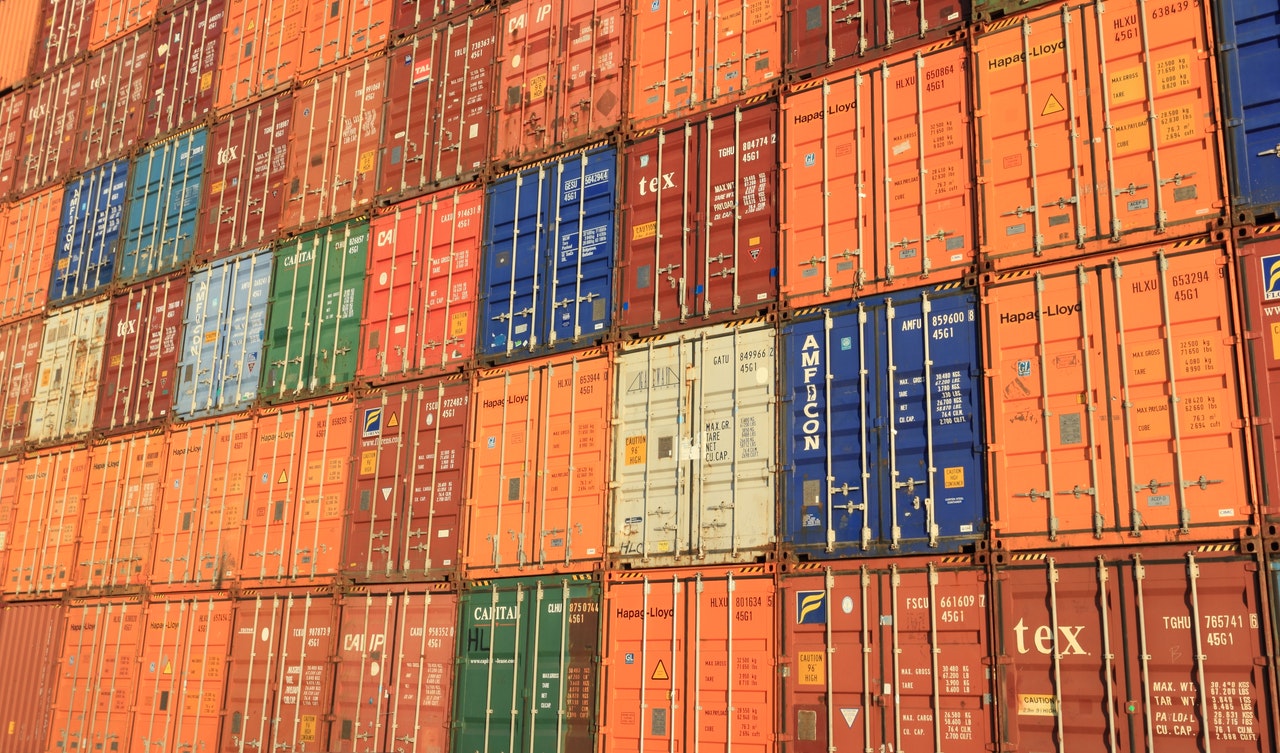On Monday morning, the European statistics agency, Eurostat, provided data showing the weight of goods handled by Maltese ports decreased more than any of their European counterparts.
Goods handled by Maltese ports fell by 50.8 per cent compared to the same period in 2019. This represents a decrease from 1.57 million tonnes of goods handled to 774 thousand tonnes.
The data, which measures the gross weight of seaborne goods handled in main ports as a percentage change compared to the same time last year, shows that Malta was more than 10 per cent worse hit than the next worse hit EU nation, Italy, where the weight of goods handled fell by 40.5 per cent.
Three European nations experienced an increase in goods handled, Estonia and Norway saw a slight increase in goods handled (by 0.6 per cent and 2.7 per cent respectively) and goods handled in Croatian ports increased significantly by 10.2 per cent.
The change across the EU was -17 per cent, from 909.5 million tonnes to 755.1 million tonnes of goods handled by ports.
The Eurostat report suggests that this fall can likely be attributed to the COVID pandemic and the subsequent restrictions put in place in the EU and worldwide.
In Malta’s case, it needs to be noted that Q2 of 2019 saw an unusually large volume of goods handled. If Malta’s data is compared to that of Q2 2018 rather than 2019, then the 2020 statistic is much less alarming, in fact, gross maritime goods handled were actually higher in 2020.
Self-employed, employees and companies contribute €2.1 billion in 2023
Parliamentary data reveals five-year growth trends in fiscal contributions
MFSA concludes review of Crypto-Asset Service Providers following MiCA implementation
The Authority provided clear expectations and guidance to address certain concerns.
Malta Development Bank to launch schemes supporting sustainable development and creative sector
In 2024, the MDB launched the SME Guarantee Scheme and the Guaranteed Co-Lending Scheme






